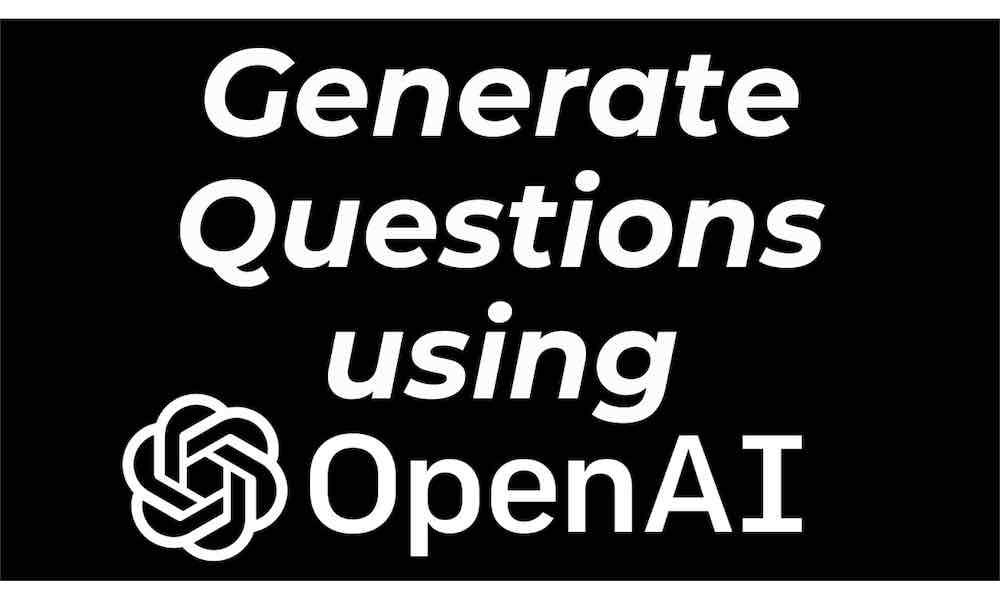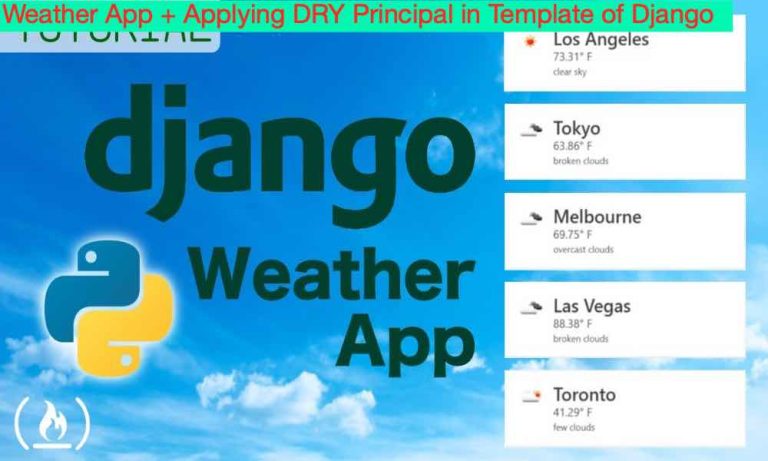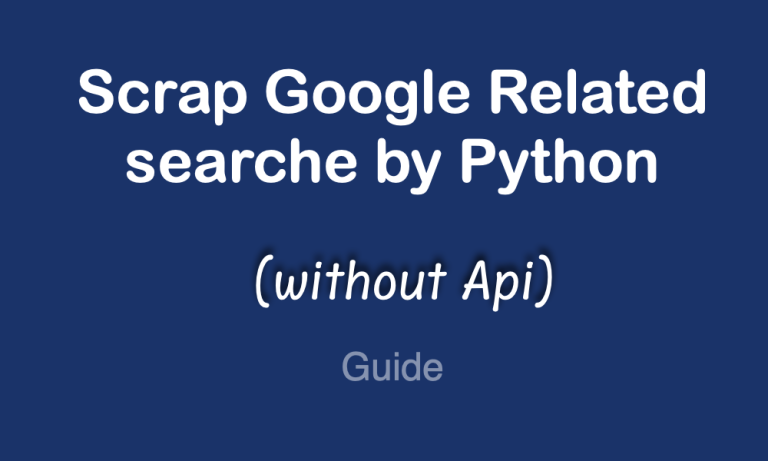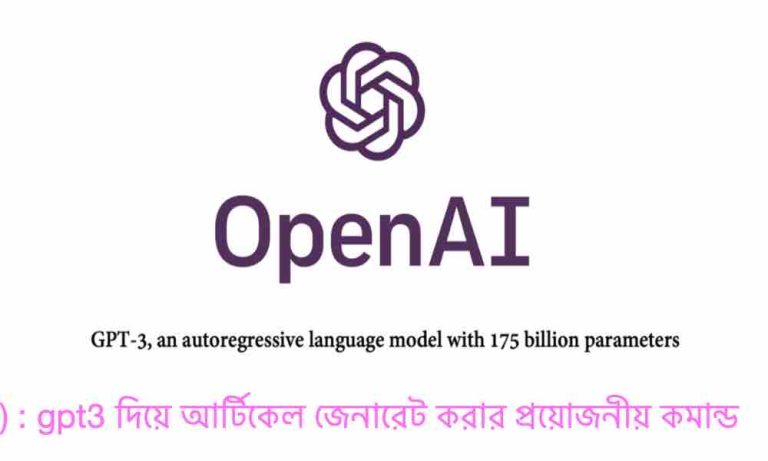Open Ai GPT3 Question Generate with FAQ Schema (By Python)
To generate questions using the FAQ schema with OpenAI’s GPT-3, you will need to use the GPT-3 API and provide it with a prompt that follows the FAQ format. The prompt should include the question you want GPT-3 to generate an answer for, as well as a list of possible answers.
Here is an example of how you can format your prompt to generate a question with GPT-3:
What is GPT-3 and what are its capabilities?
– GPT-3 is a state-of-the-art language processing AI model developed by OpenAI.
– It can generate human-like text, answer questions, and perform a wide range of language tasks.
– It has been trained on a massive dataset of text, allowing it to understand and respond to a wide range of topics and questions.
When you send this prompt to the GPT-3 API, it will generate a question based on the information provided in the prompt. The question could be something like: “Can you explain what are the capabilities of GPT-3?”
It’s important to note that depending on the settings you use and the data the model was trained on, the generated questions may vary.
You can also use various client library that available in multiple languages to access GPT-3 model, like python, javascript, etc.
Open Ai GPT3 Question Generate with FAQ Schema (Python Code)
# import requests
# from requests import get
# from bs4 import BeautifulSoup as bs
# import csv
# from csv import writer
# from deep_translator import GoogleTranslator
# from elt import translit
# from PIL import Image, ImageDraw, ImageFont, ImageFilter
# import shutil
# import urllib.request
# import re
# import ssl
# ssl._create_default_https_context = ssl._create_unverified_context
# from urllib.parse import urljoin
# import base64
#
# import random
# import json
# import sys
# import os
# import pandas as pd
# from urlextract import URLExtract
import openai
openai.api_key = 'your_Api_key'
# user1 = 'Asrafulporag' # the user in which the auth. token is given
# pythonapp = 'wc2s 2Lig X48X 0uv8 Kb7L 0Jr5' # paste here your auth. token
# url0 = 'https://piphones.net/wp-json/wp/v2' # the url of the wp access location
# token = base64.standard_b64encode((user1 + ':' + pythonapp).encode('utf-8')) # we have to encode the usr and pw
# headers1 = {'Authorization': 'Basic ' + token.decode('utf-8')}
def wpp(text11):
my_paragraph = f'<!-- wp:paragraph --><p>{text11}</p><!-- /wp:paragraph -->'
return my_paragraph
def wph2(text111):
my_heading = f'<!-- wp:heading --><h2>{text111}</h2><!-- /wp:heading -->'
return my_heading
def oai_answer(prompt):
response = openai.Completion.create(
model="text-davinci-003",
prompt=prompt,
temperature=0.7,
max_tokens=256,
top_p=1,
frequency_penalty=0,
presence_penalty=0
)
output = response.get('choices')[0].get('text')
return output
keyword = input("Enter your keyword: ")
prompt = f'write two questions about {keyword}'
questions = oai_answer(prompt)
questions_list = questions.strip().split('\n')
end_line = 'write a paragraph about it'
qna = {}
for q in questions_list:
command = f'{q} {end_line}'
answer = oai_answer(command).strip().strip('\n')
qna[q] = answer
print(qna)
content = ''
for key, value in qna.items():
qn = wph2(key)
ans = wpp(value)
temp = qn+ans
content += temp
print(content)
def q_faq(textq):
code = '{"@type":"Question","name":"' + str(textq) + '",'
return code
def a_faq(texta):
code = '"acceptedAnswer":{"@type":"Answer","text":"' + str(texta) + '"}},'
return code
faqcontent = ''
for key, value in qna.items():
qnfaq = q_faq(key)
ansfaq = a_faq(value)
tempfaq = qnfaq+ansfaq
faqcontent += tempfaq
final_faq_schema = '<script type="application/ld+json">{"@context":"https://schema.org","@type":"FAQPage","mainEntity":[' + faqcontent + ']}</script>'
final_faq_schema_schema = final_faq_schema.replace("}},]}<", "}}]}<")
print(final_faq_schema_schema)
# introcontent = oai_answer(f'write short intro about {keyword}').strip().strip('\n')






